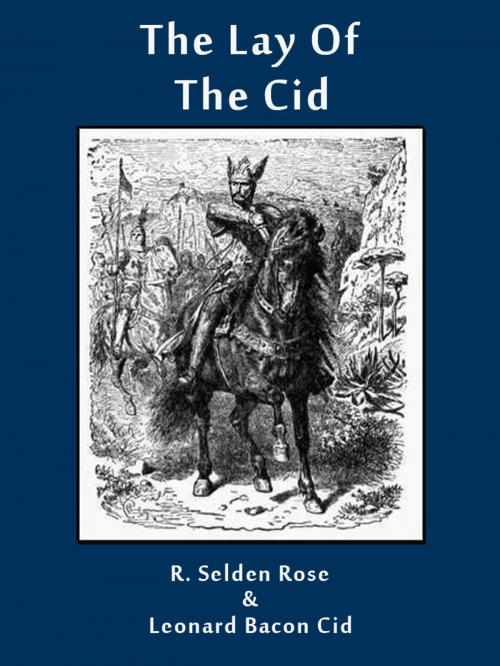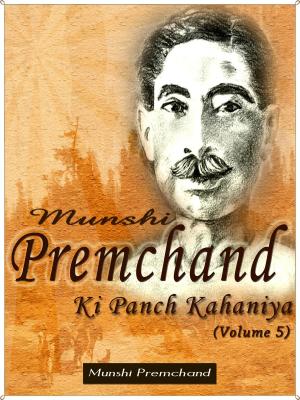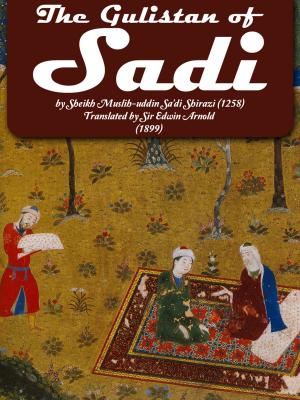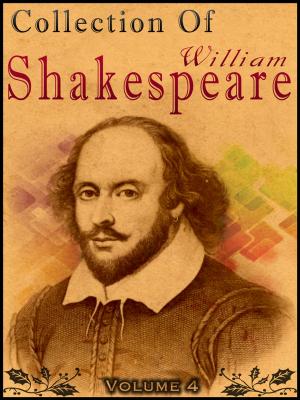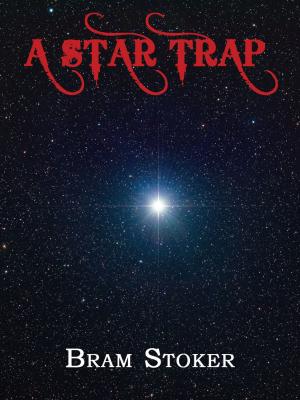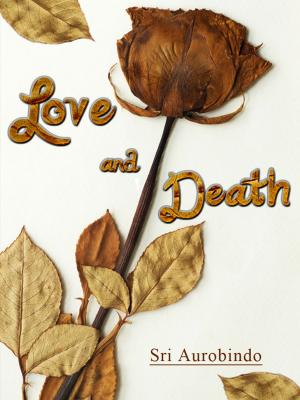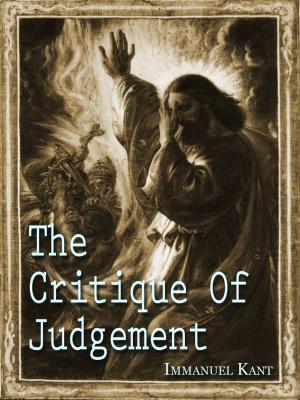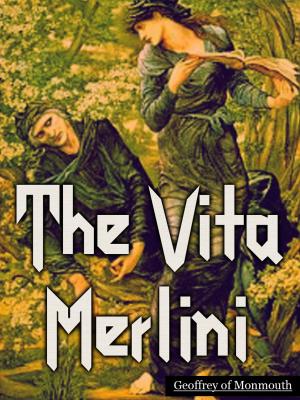THE LAY OF THE CID
Nonfiction, Reference & Language, Law, Science Fiction & Fantasy, Fantasy, Contemporary, Fiction & Literature, Classics| Author: | R. Selden Rose, Leonard Bacon Cid | ISBN: | 1230000100132 |
| Publisher: | AppsPublisher | Publication: | January 16, 2013 |
| Imprint: | Language: | English |
| Author: | R. Selden Rose, Leonard Bacon Cid |
| ISBN: | 1230000100132 |
| Publisher: | AppsPublisher |
| Publication: | January 16, 2013 |
| Imprint: | |
| Language: | English |
The Lay of the Cid
by R. Selden Rose and Leonard Bacon Cid
"El Cantar del Mio Cid is the oldest preserved Spanish epic poem (epopeya). The Spanish medievalist Ramon Menendez Pidal included the "Cantar de Mio Cid" in the popular tradition he termed the mester de juglaria. Mester de juglaria refers to the medieval tradition according to which popular poems were passed down from generation to generation, being changed in the process. These poems were meant to be performed in public by minstrels (or juglares), who each performed the traditional composition differently according to the performance ontext-sometimes adding their own twists to the epic poems they told, or abbreviating it according to the situation. On the other hand, some critics (known as individualists) believe "El Cantar del Mio Cid" was composed by Per Abbad who signed the only exisiting manuscript copy, and as such is an example of the learned poetry that was cultivated in the monasteries and other centers of erudition. Per Abbad puts the date 1245 (1207 C.E.) after his name, but the existing copy forms part of a 14th century codex in the Biblioteca Nacional de Espana (National Library) in Madrid, Spain. However, it is incomplete. The first page and two other pages in the middle are missing. It is written in medieval Spanish, the ancestor of modern Spanish.
Its current title is a modern invention by Ramon Menendez Pidal; its original title is unknown. Some call it El Poema del Cid on the grounds that it is not a cantar but a poem made up of three cantares. The title has been translated into English as The Lay of the Cid and The Song of the Cid."
The Lay of the Cid
by R. Selden Rose and Leonard Bacon Cid
"El Cantar del Mio Cid is the oldest preserved Spanish epic poem (epopeya). The Spanish medievalist Ramon Menendez Pidal included the "Cantar de Mio Cid" in the popular tradition he termed the mester de juglaria. Mester de juglaria refers to the medieval tradition according to which popular poems were passed down from generation to generation, being changed in the process. These poems were meant to be performed in public by minstrels (or juglares), who each performed the traditional composition differently according to the performance ontext-sometimes adding their own twists to the epic poems they told, or abbreviating it according to the situation. On the other hand, some critics (known as individualists) believe "El Cantar del Mio Cid" was composed by Per Abbad who signed the only exisiting manuscript copy, and as such is an example of the learned poetry that was cultivated in the monasteries and other centers of erudition. Per Abbad puts the date 1245 (1207 C.E.) after his name, but the existing copy forms part of a 14th century codex in the Biblioteca Nacional de Espana (National Library) in Madrid, Spain. However, it is incomplete. The first page and two other pages in the middle are missing. It is written in medieval Spanish, the ancestor of modern Spanish.
Its current title is a modern invention by Ramon Menendez Pidal; its original title is unknown. Some call it El Poema del Cid on the grounds that it is not a cantar but a poem made up of three cantares. The title has been translated into English as The Lay of the Cid and The Song of the Cid."
